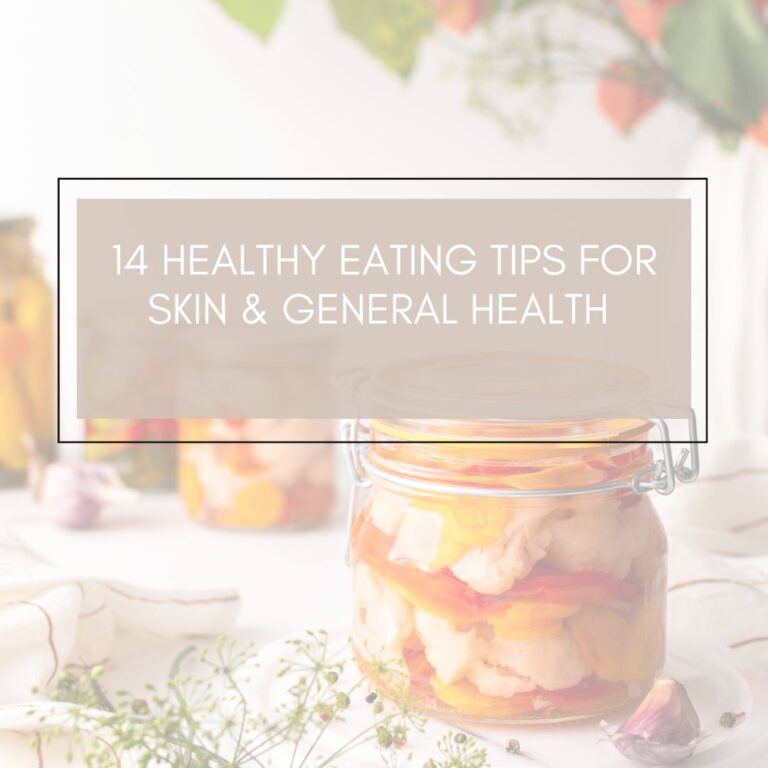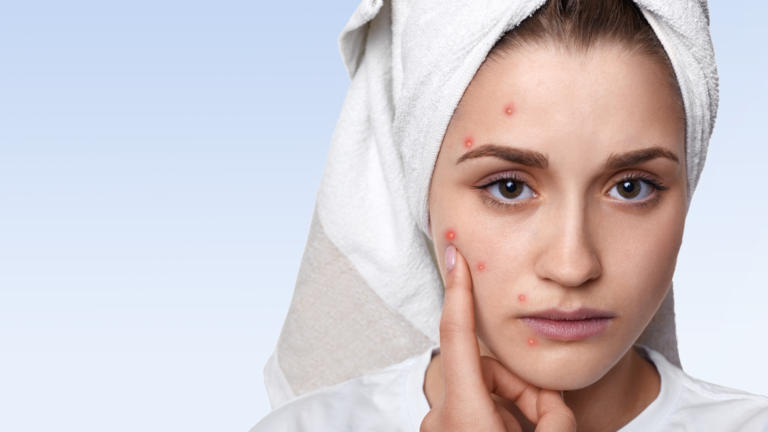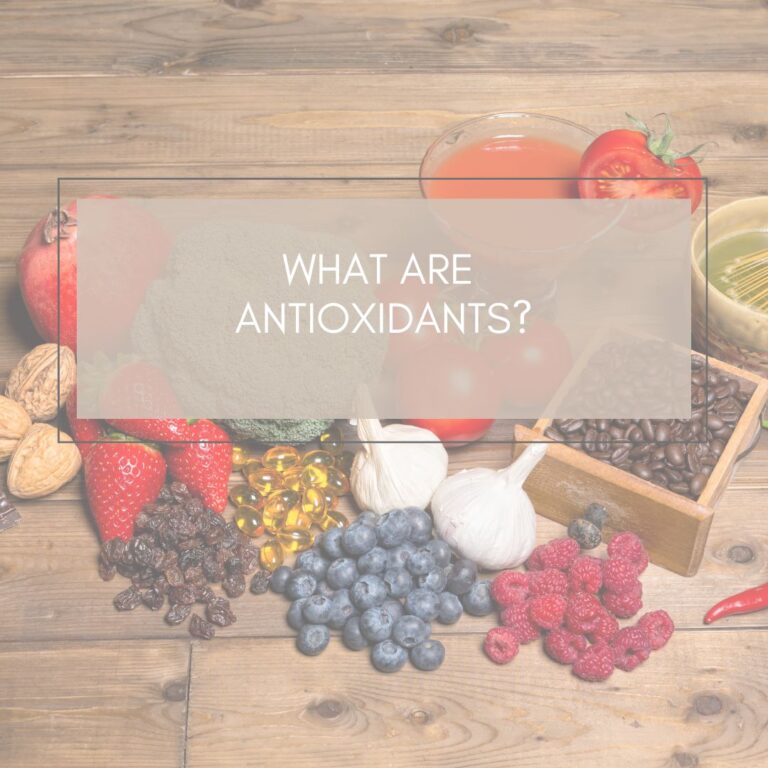Vitamin A – retinol
Vitamin A is a group of fat soluble substances, with antioxidant properties, called retinoids. It is really important for many functions in the body, for example reproduction, vision, cellular division, immunity and much more.
When it comes to collagen and skin health it is needed for stimulating epithelial growth, fibroblasts (cells producing collagen) and collagen production directly. Vitamin A is therefore crucial for wound healing.
It enhances production of collagen type 1, increases formation of keratinocytes, cells that produce keratin and collagen, as well as degrading MMP enzymes.
Retinoids regulate the growth and differentiation of many cell types within skin, and its deficiency leads to abnormal epithelial keratinization. In wounded tissue, vitamin A stimulates epidermal turnover, increases the rate of re-epithelialization, and restores epithelial structure – in other words, it is crucial for skin formation and healing.
This means that vitamin A is important for producing the proteins keratin, elastin and collagen as well as reducing the breakdown of collagen.
Vitamin A – sources
Food sources of vitamin A in the form of retinol is liver, fatty fish, eggs, cheese.
It is also obtained as pro-vitamin A carotenoids from orange, yellow and green vegetables and fruits.
Beta-carotene is the most common and most useful from of provitamin A for humans. However, people who rely on retinol from vegetable sources of beta-carotene (for example people who follow a vegan diet) may still not get enough retinol. This is because the conversion of beta-carotine to the active form retinol is not 100% and varies from person to person.
Beta-carotene is found in orange and yellow vegetables and fruits, such as carrots, pumpkins, yellow and orange peppers.
Beta-carotene has other beneficial effects for skin health. It is a powerful fat soluble antioxidant that protects the skin from photooxidative stress and inflammation.

Vitamin A and acne
Vitamin A is important for normal hair follicle function and has antioxidant properties. Patients with acne have been shown to have low levels of vitamin A. Supplements of high levels of vitamin A and the combination of vitamin A and vitamin E have been shown to help with acne.
Nutrition Matters Skin –
Your complete guide to beautiful skin from within!











